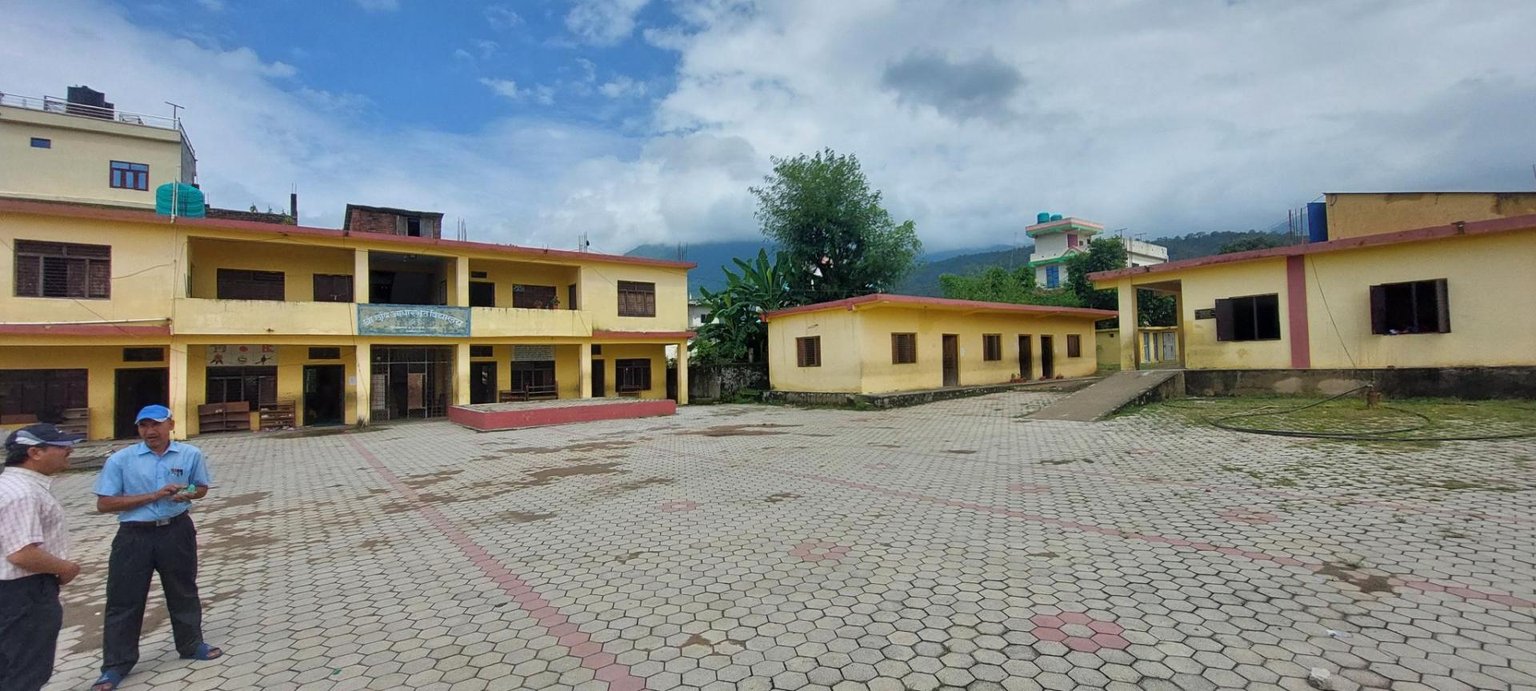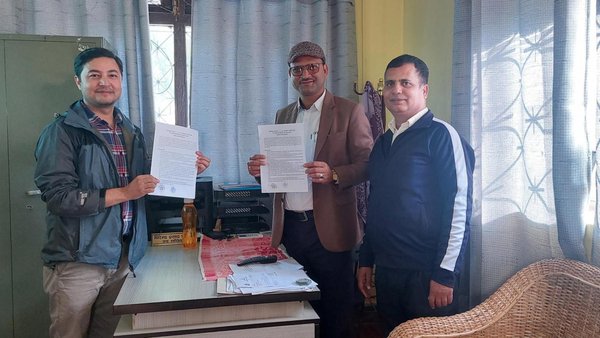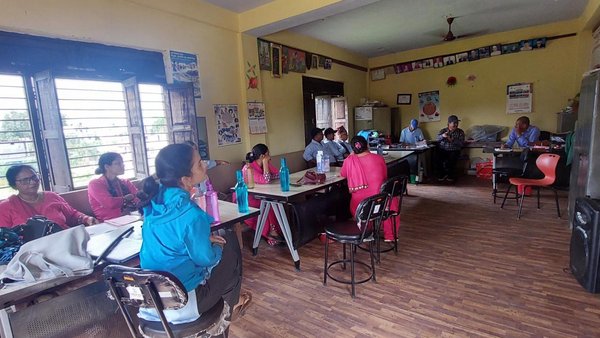
Getting New E-Paath Ready and Expanding to Schools in Karnali and Madhesh Provinces
Feb. 7, 2025 Program Updates OLE Nepal
The Expanding Educational Access and Skills through Technology (EAST) project, starting from August 2024 to August 2027, is a transformative initiative bridging educational and technological divides in the Karnali and Madhesh provinces of Nepal. These regions, marked by low Human Development Index (HDI) scores and limited access to technology, will see the establishment of tech-enabled learning environments in 12 selected schools.
The project aims to directly impact approximately 2,160 to 6,480 students and 120 teachers by equipping schools with smart classrooms for early learners (ECD–Grade 3) and computer labs for older students (Grades 4–8). It also introduces offline servers, interactive digital content like E-Paath and Hamro Ramailo Kathaharu, and comprehensive teacher training programs.
Additionally, ICT Student Clubs will foster technical skills and leadership among students, strengthening the foundation for digital learning in these underserved areas.
Over the past five months, the EAST project has made significant strides. Here’s a snapshot of the progress made from August to December 2024:
The EAST project officially launched in August 2024 with approval from the Social Welfare Council (SWC). This milestone facilitated coordination with local governments and the identification of schools in Karnali and Madhesh provinces. Detailed planning for a one-year implementation timeline is complete, and hiring team members for the project’s execution is underway.

In September 2024, our team surveyed 20 schools across four districts—Surkhet, Dailekh, Jumla, and Kalikot. Eight schools were selected based on infrastructure, student attendance, teacher commitment, and community engagement. Highlights include:
Memorandums of Understanding (MoUs) were signed with local governments in Surkhet and Dailekh to collaborate on providing furniture and power backup systems. This marks the official launch of the project at the local level.
Planning for the Madhesh province survey is underway, scheduled for February 2025. The same rigorous selection process applied in Karnali will be implemented.
Our flagship digital learning platform, E-Paath, is being upgraded to better serve students and teachers. The revamped platform will feature progress tracking, multilingual support, and mobile optimization. These improvements will make E-Paath more accessible and engaging for remote and underserved communities.
Key upgrades include:
The upgraded platform will also support the development of 100–150 new interactive modules for Grades 6–8 in science, math, and English, aligned with Nepal's national curriculum standards. Completion is expected by March 2025.
The content team has assessed the curriculum for Grades 6–8 and identified key gaps. Development of the first 20 new lesson modules will begin in March 2025, with outlines finalized by February. These modules will integrate interactive elements and advanced visualization tools to enhance student engagement.

To ensure the selected schools are equipped for digital learning, procurement began in December 2024 for:
Technical setup and deployment are scheduled for April/May 2025, following equipment preparation in March.
As 2025 begins, the EAST project remains focused on:
Through these efforts, we aim to bridge educational gaps, empower teachers and students, and create a lasting impact on the education landscape in Nepal's remote regions.